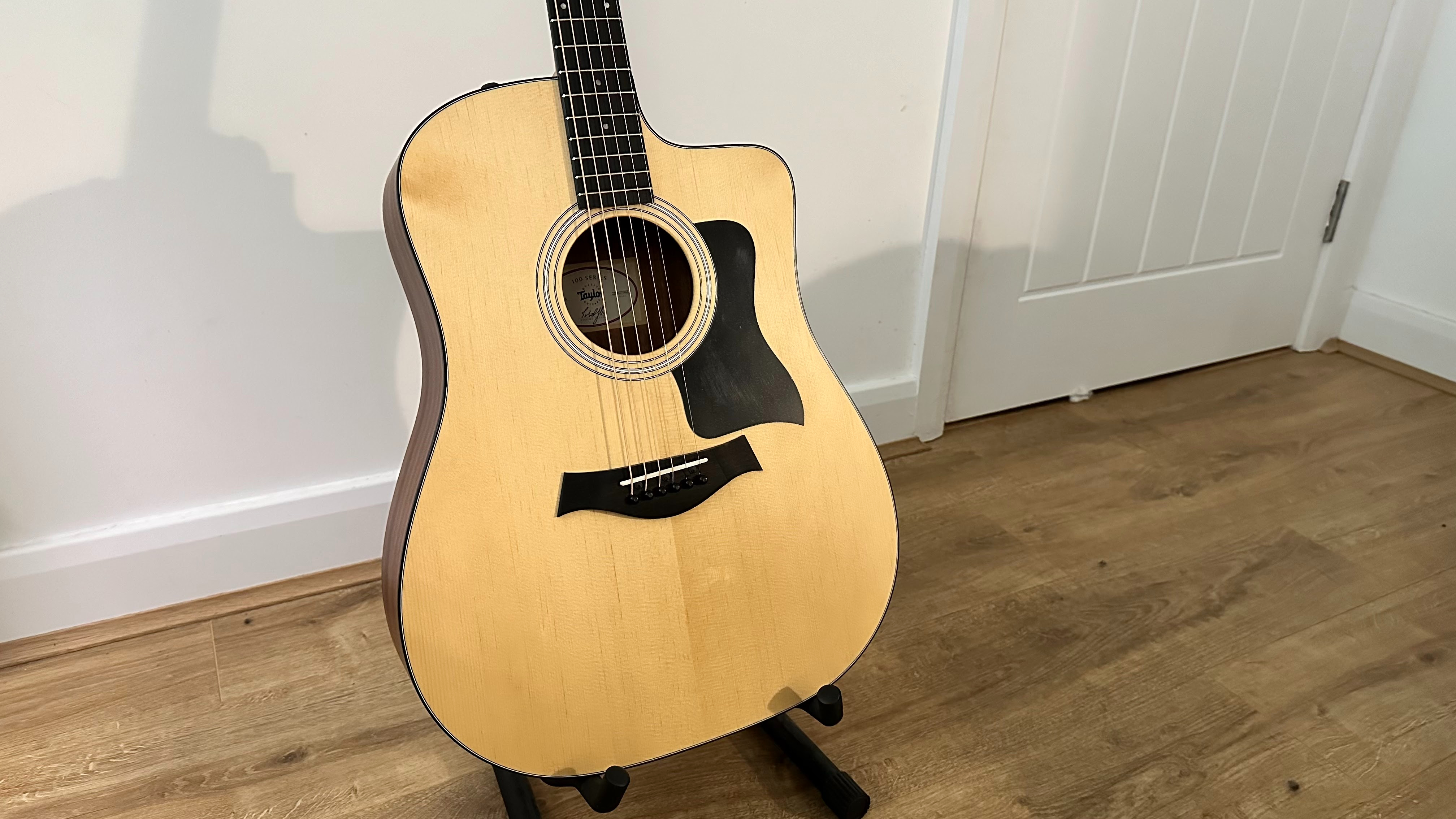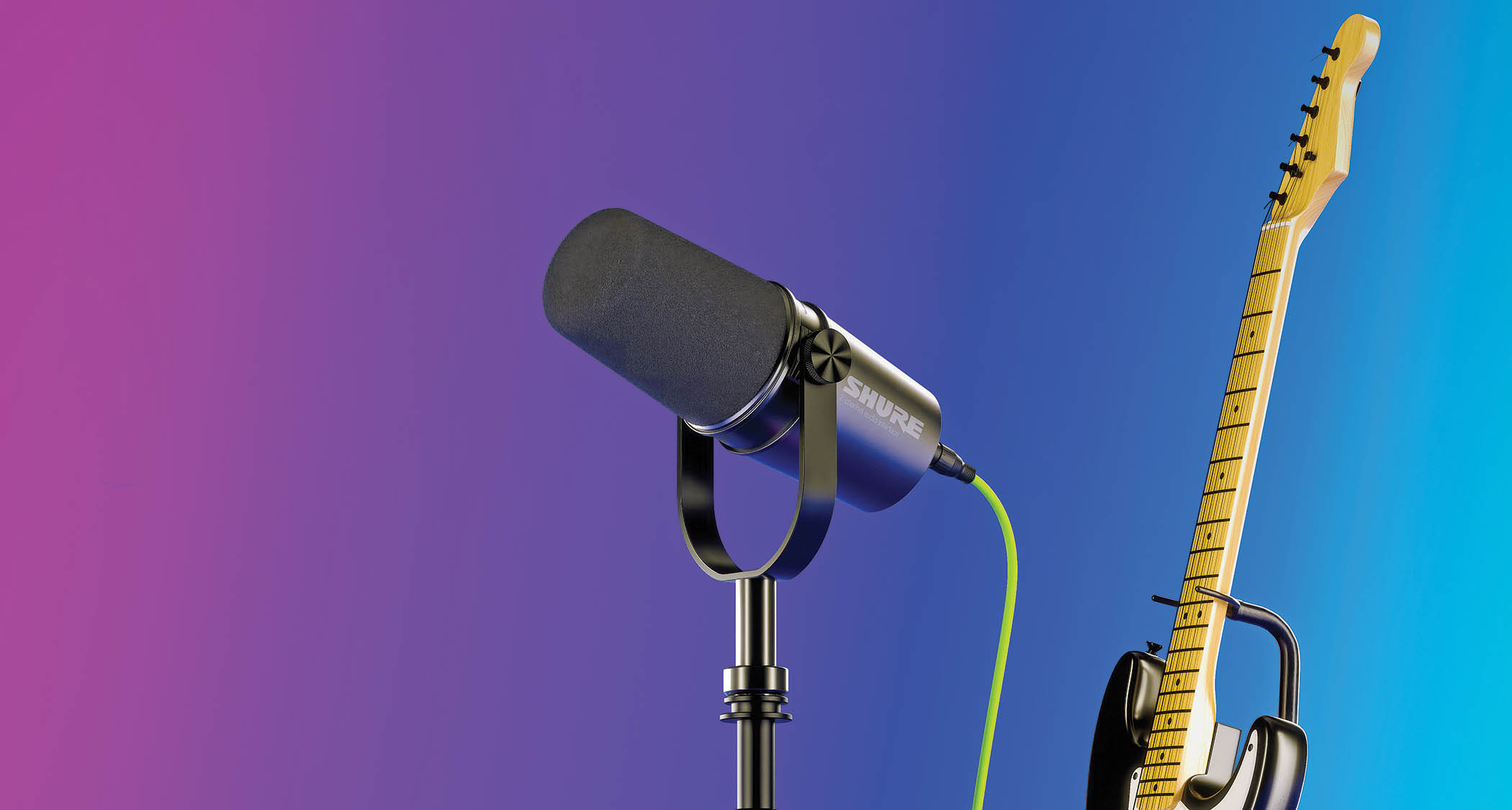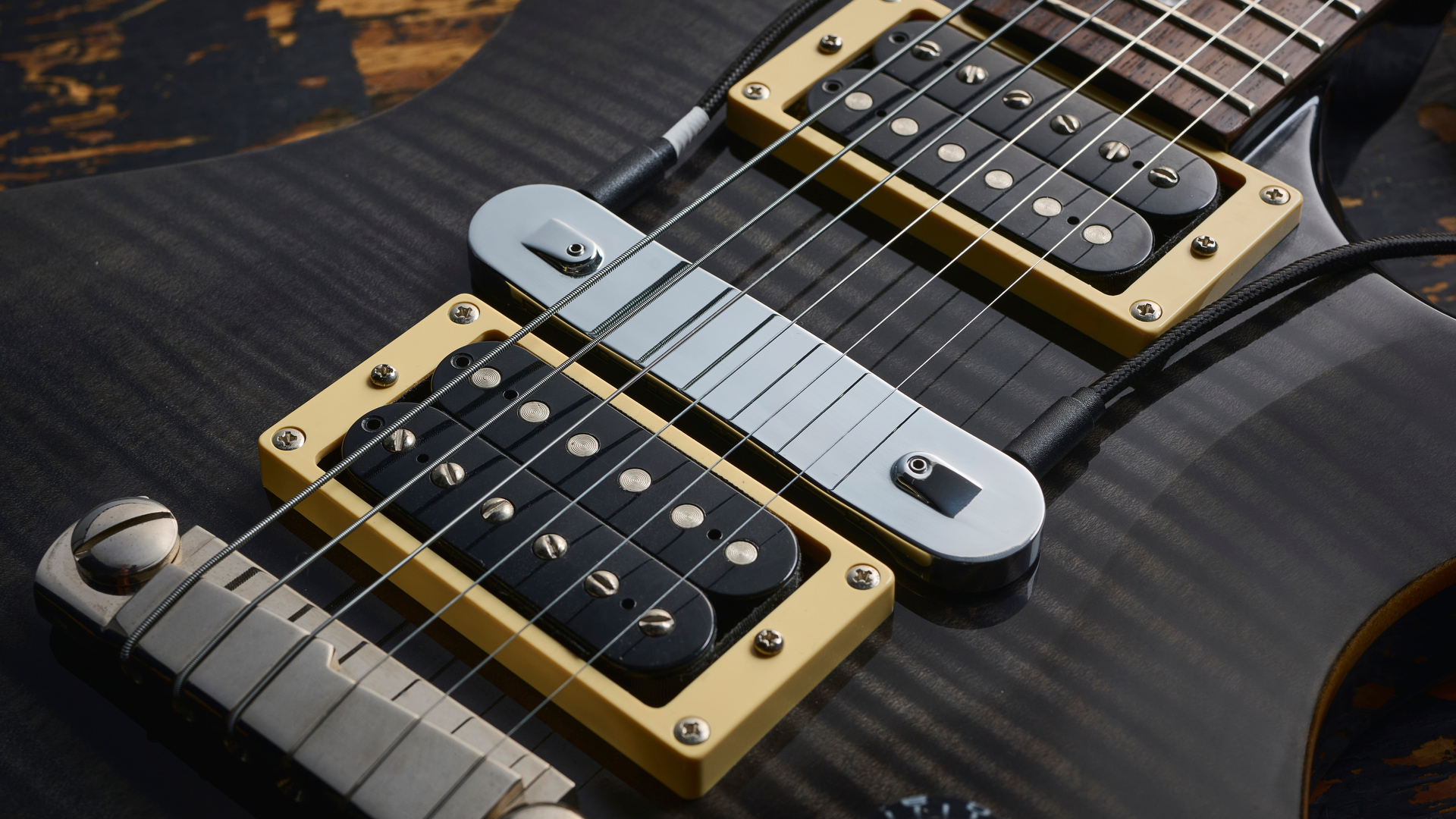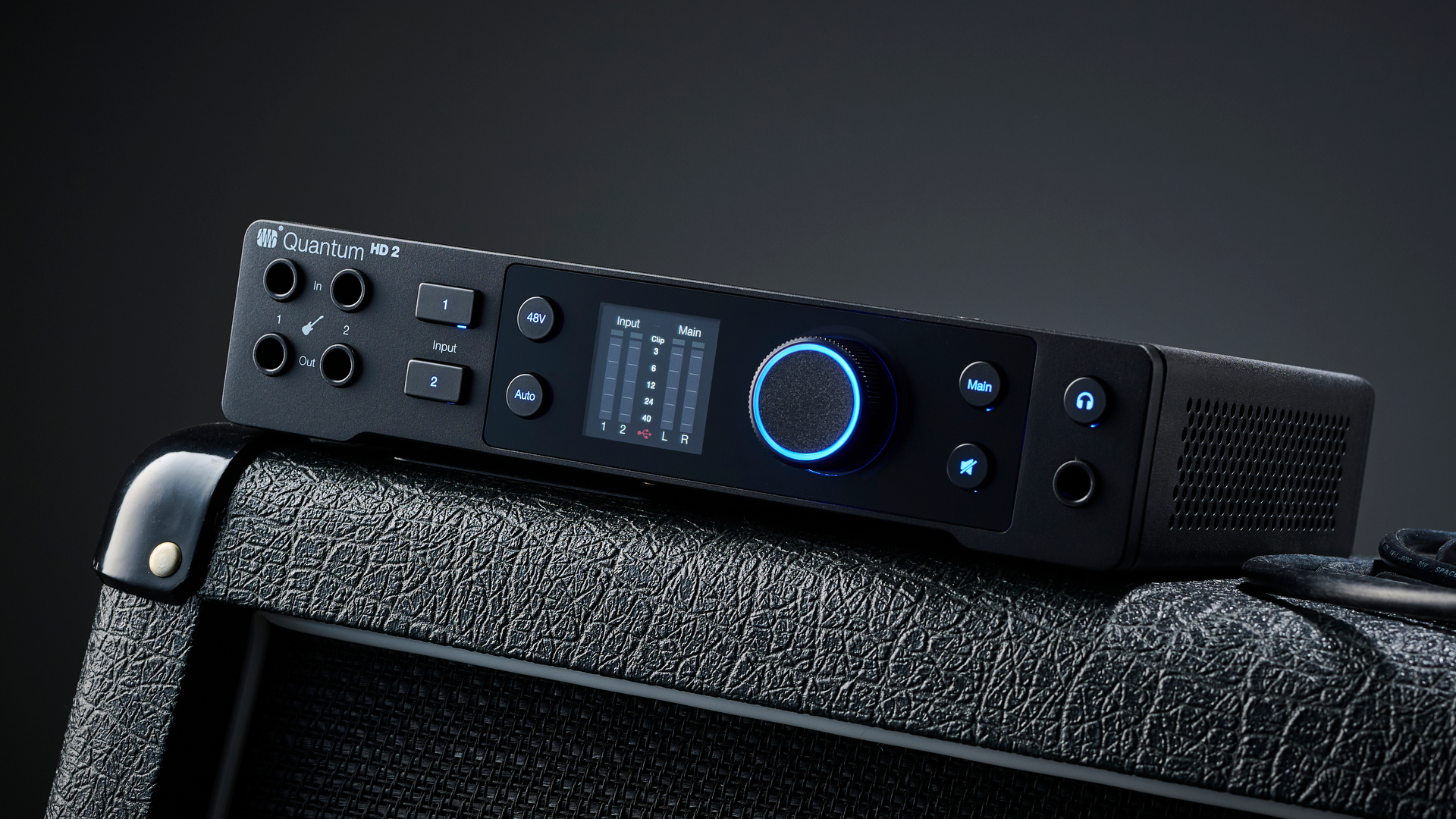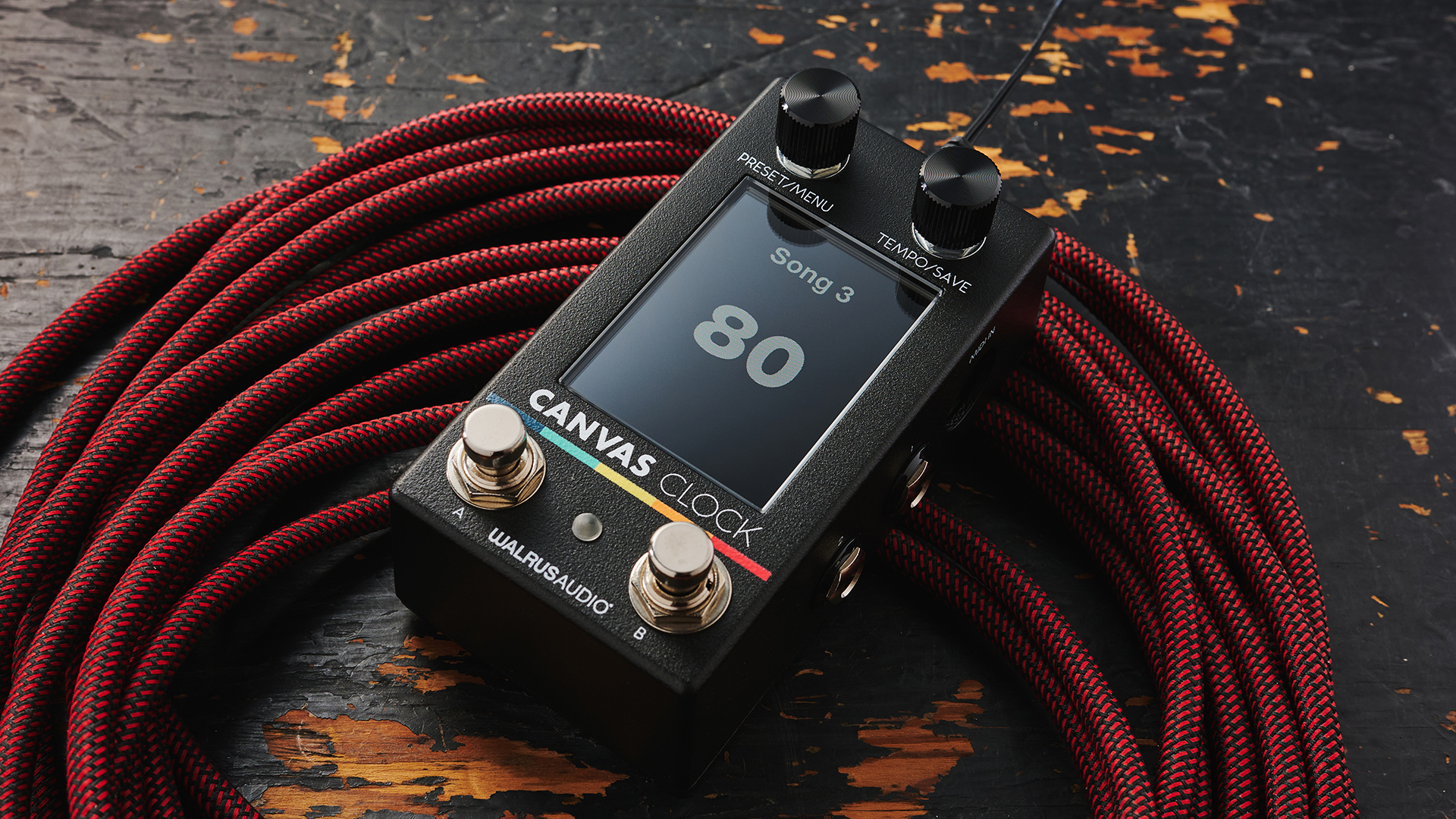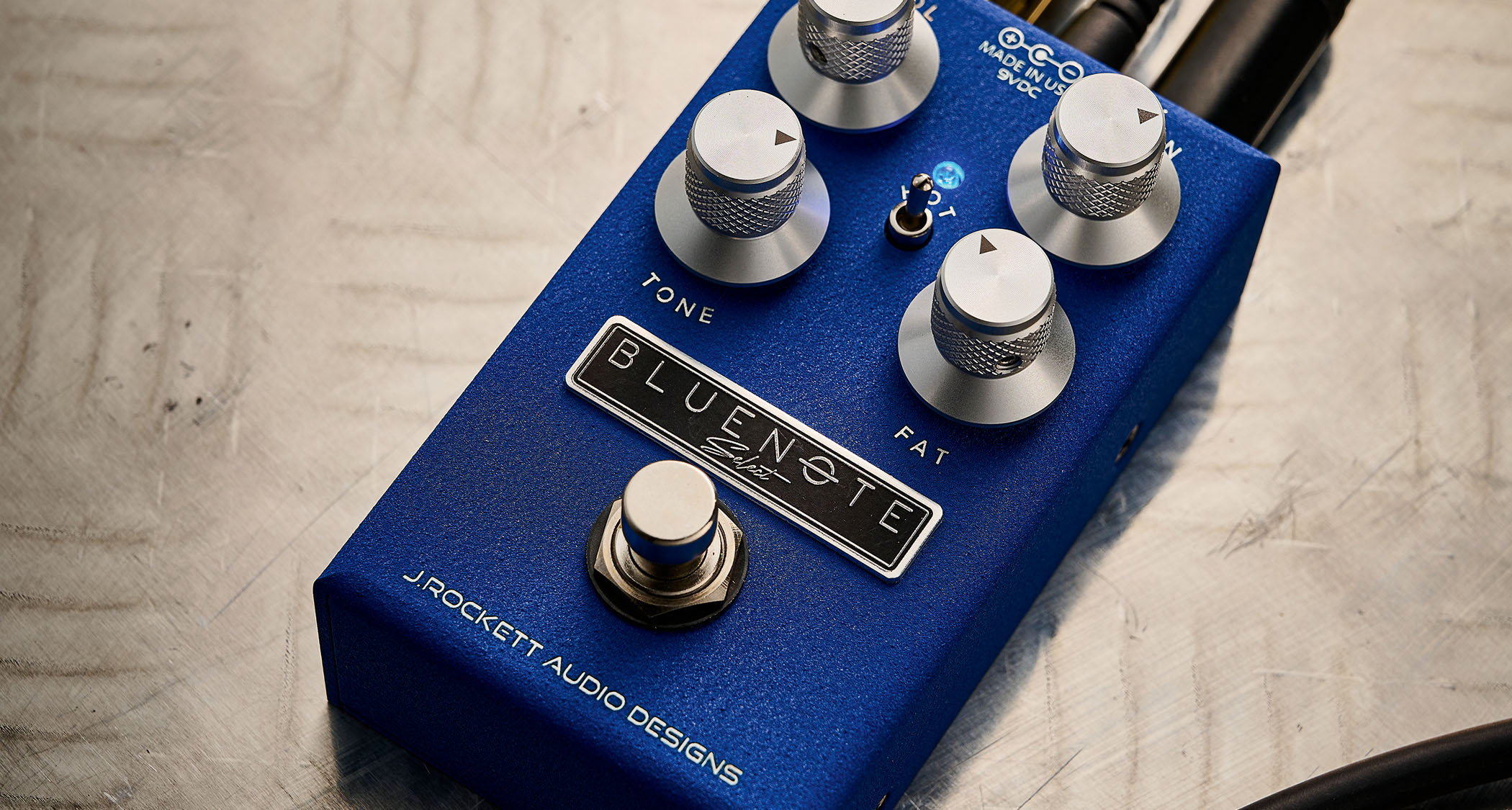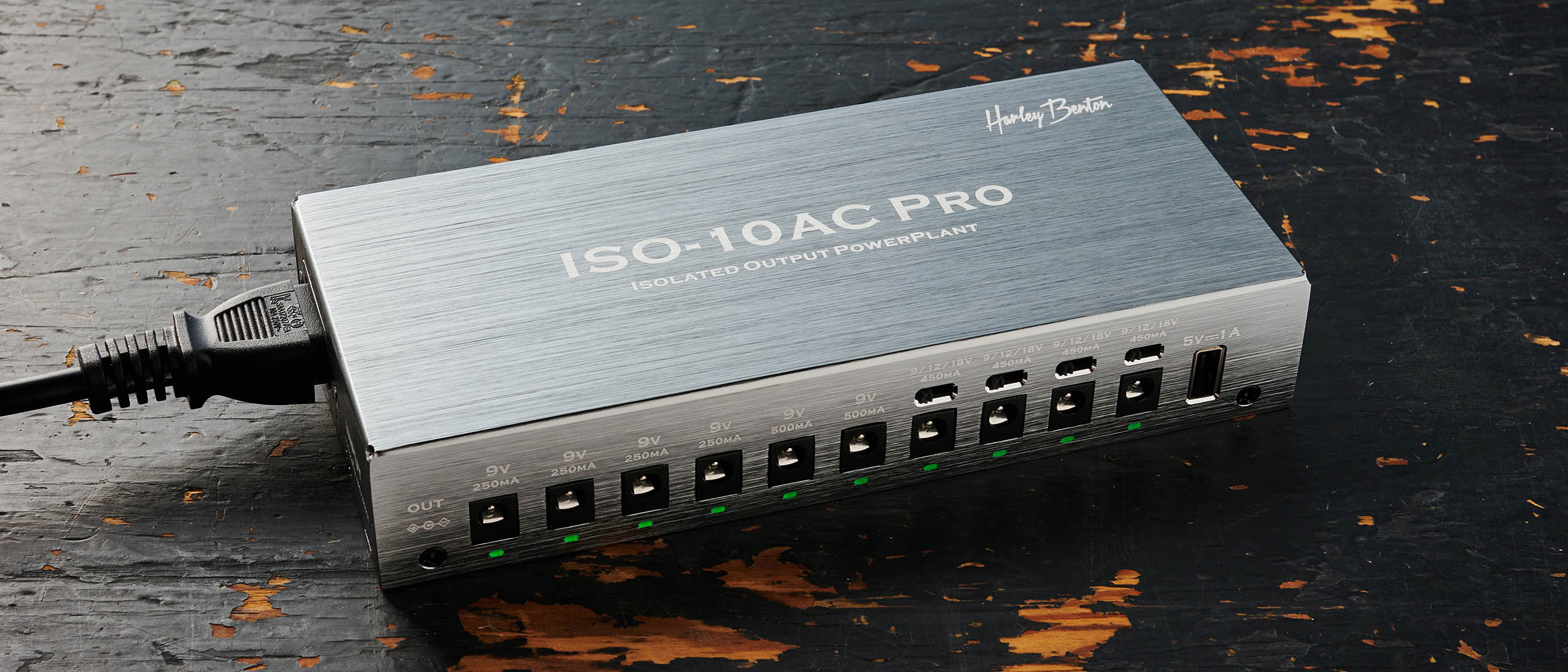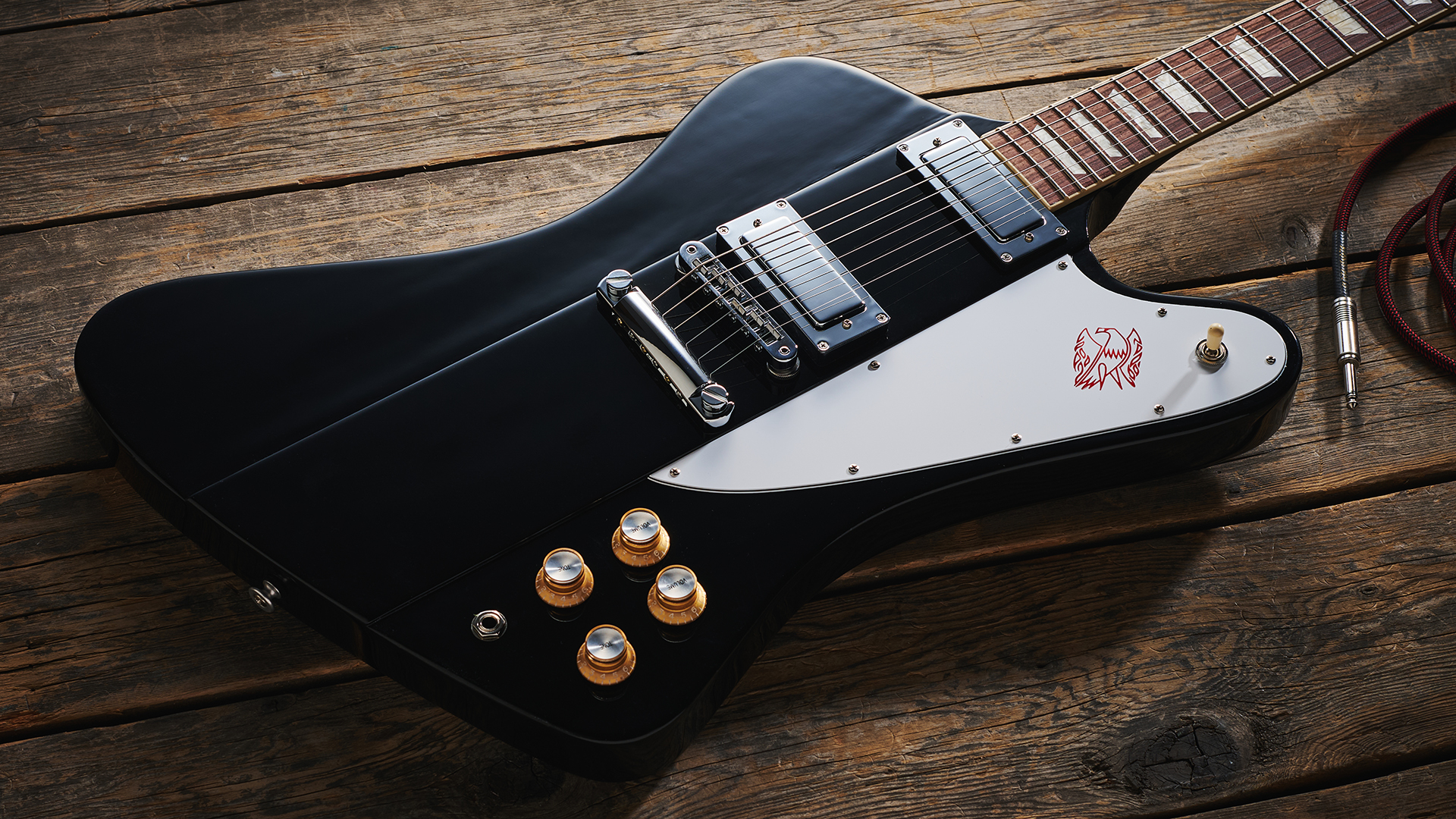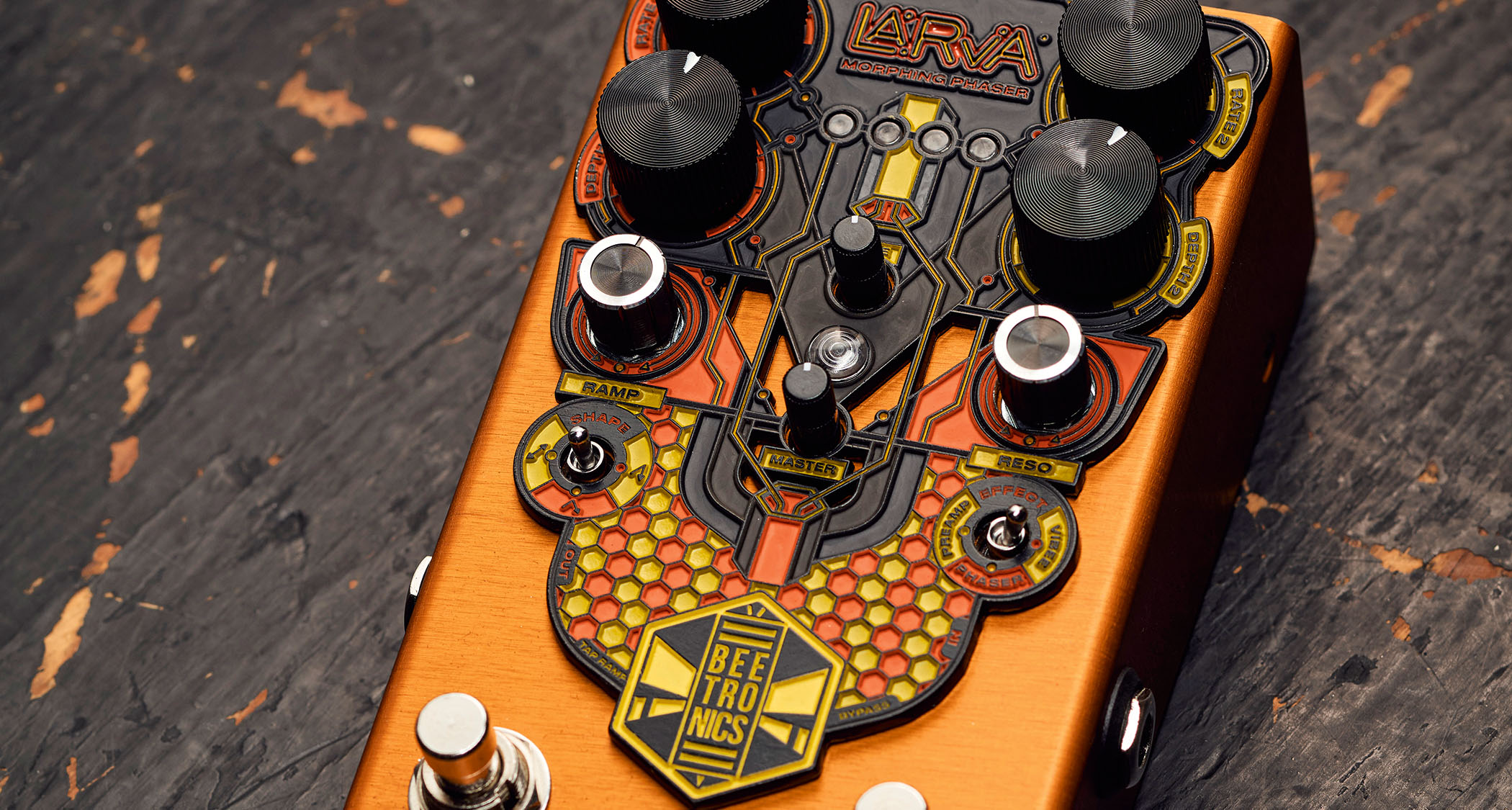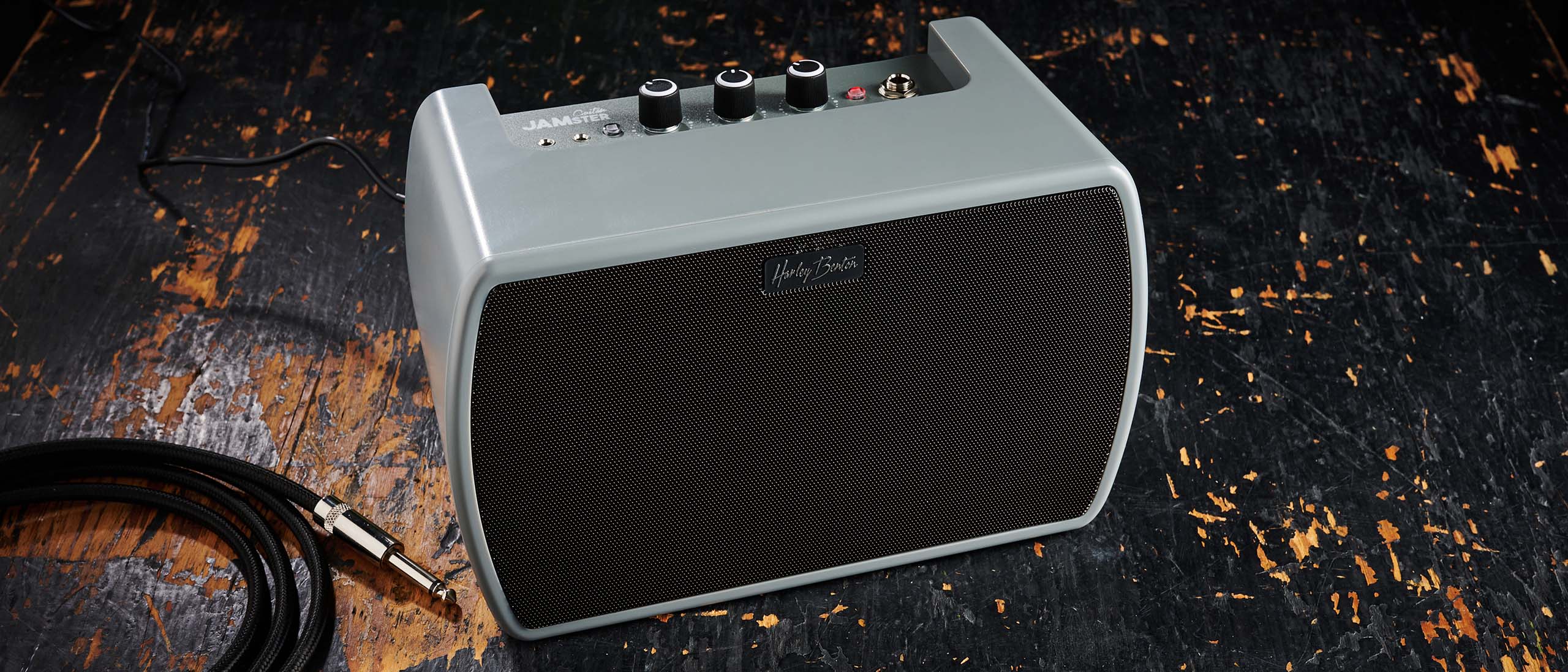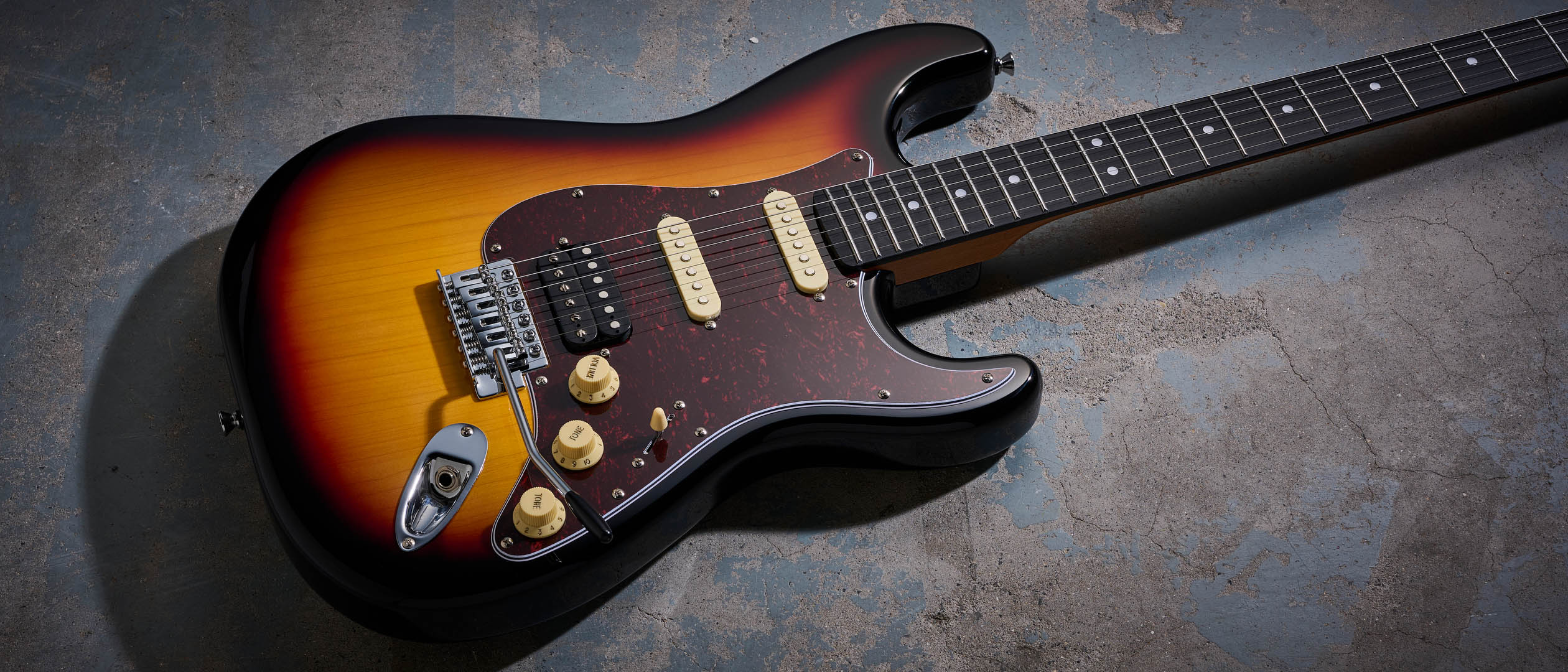Guitar World Verdict
The Taylor 110e may not have the opulent appearance of other Taylor models, but what it lacks in the looks department, it sure makes up for in terms of playability, build quality and sound.
Pros
- +
Excellent fit and finish
- +
Plays like a dream
- +
A guitar you can truly grow as a player with
Cons
- -
Appearance won’t set hearts racing
- -
Some players may find the strings quite tightly spaced at the top of the neck
You can trust Guitar World
The Taylor 110e occupies an interesting niche in the acoustic guitar world. Too expensive to be a true beginner acoustic guitar, but not premium enough to tempt an experienced player with cash to burn, it could risk becoming a victim of its makers’ own illustrious name. Yet after spending some time with one, the benefits of choosing a ‘cheaper’ guitar from a big name - over a top-tier model from a less-respected brand - became abundantly clear.
Taylor, as we know, is acoustic guitar royalty and has the reputation it does for good reason. The 110e has all the hallmarks of a high quality instrument, from the finish and general levels of craftsmanship, through to a relatively high-spec electronic system. There were multiple occasions on testing the guitar when, compared to others in my collection, these little details became apparent. The feel of the body and neck woods, and the extra projection aided by Taylor’s bracing system in the body, for example.
It’s also, as a predominantly electric player, a neck that felt immediately comfortable; I never felt I was wrestling the 110e as I have at times with other acoustics.

After a quick setup - which is advised, especially post-purchase - I could immediately see, feel and hear this quality. The neck, for example, very quickly established itself as one of my favorite parts of this guitar. Its satin finish lent itself perfectly to playing up and down the fretboard with ease, while I found the overall finish and stylings of the body to be elegant and understated.
It’s also a versatile guitar, comfortable lending its voice to a variety of styles and genres. I had as much fun playing delicate fingerstyle numbers as I did thrashing out big open chords, and it responds well to both extremes.
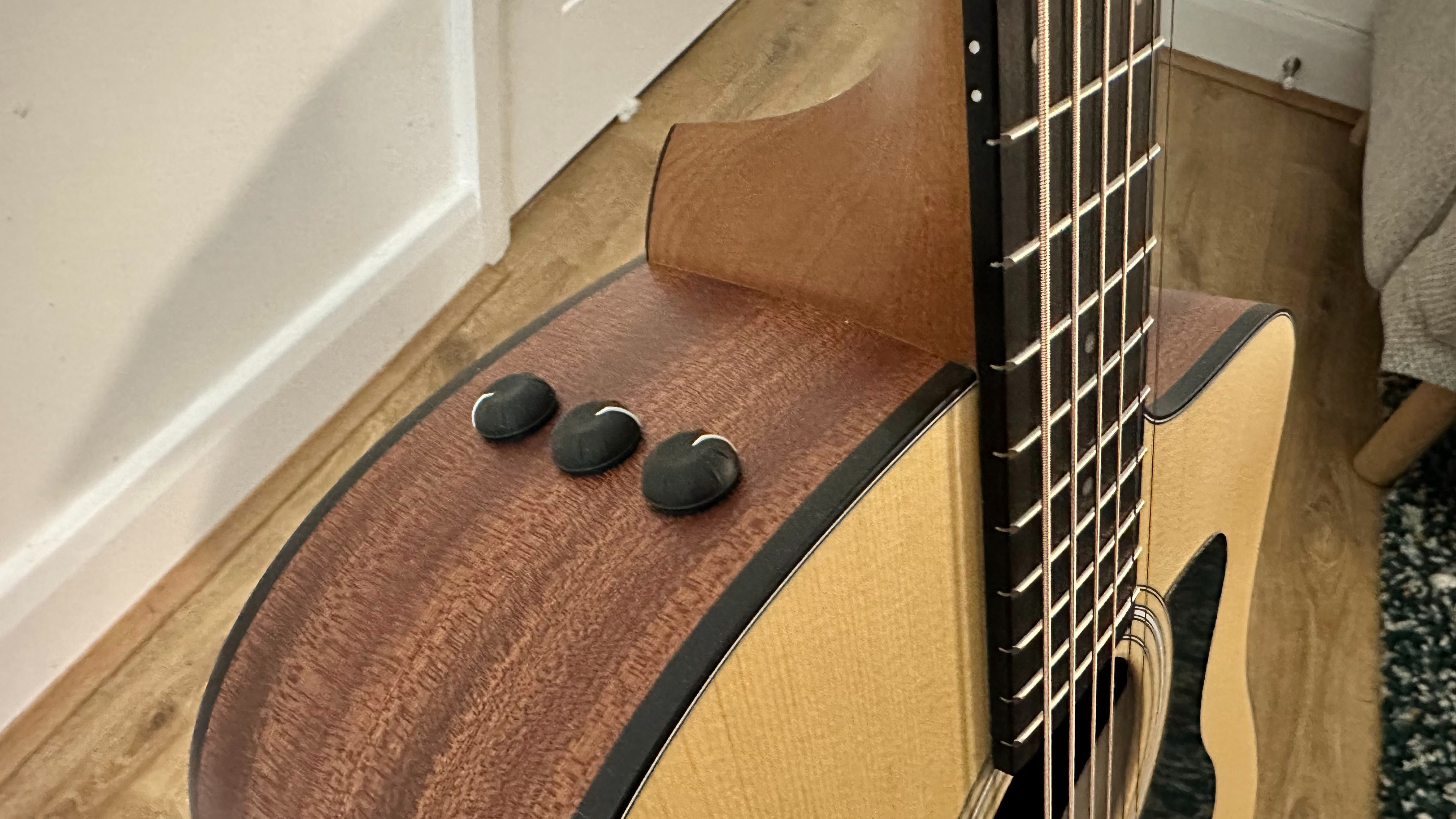
The Sitka spruce dreadnought body provides plenty of projection, with a naturally balanced tonality throughout. Thicker string gauges can help bolster the low-end, as you’d expect, but I never felt it was lacking when using medium gauges. Regardless, there’s plenty of sparkle to be found when you’re playing more intricate picking parts without it ever becoming shrill or overbearing.
Plugged in, the 110e shows itself to be a highly capable guitar for live performance too. Three small rotary controls allow adjustment over bass, treble and volume, with a small bump at the center point of each to aid tweaks on darkened stages. At the same time, I found Taylor’s Expression System 2 electronics to offer enough tonally to be suitable for performance and recording. A quick close-mic recording session allowed the 110e’s natural sound to shine, requiring very little post-production.
Conclusion
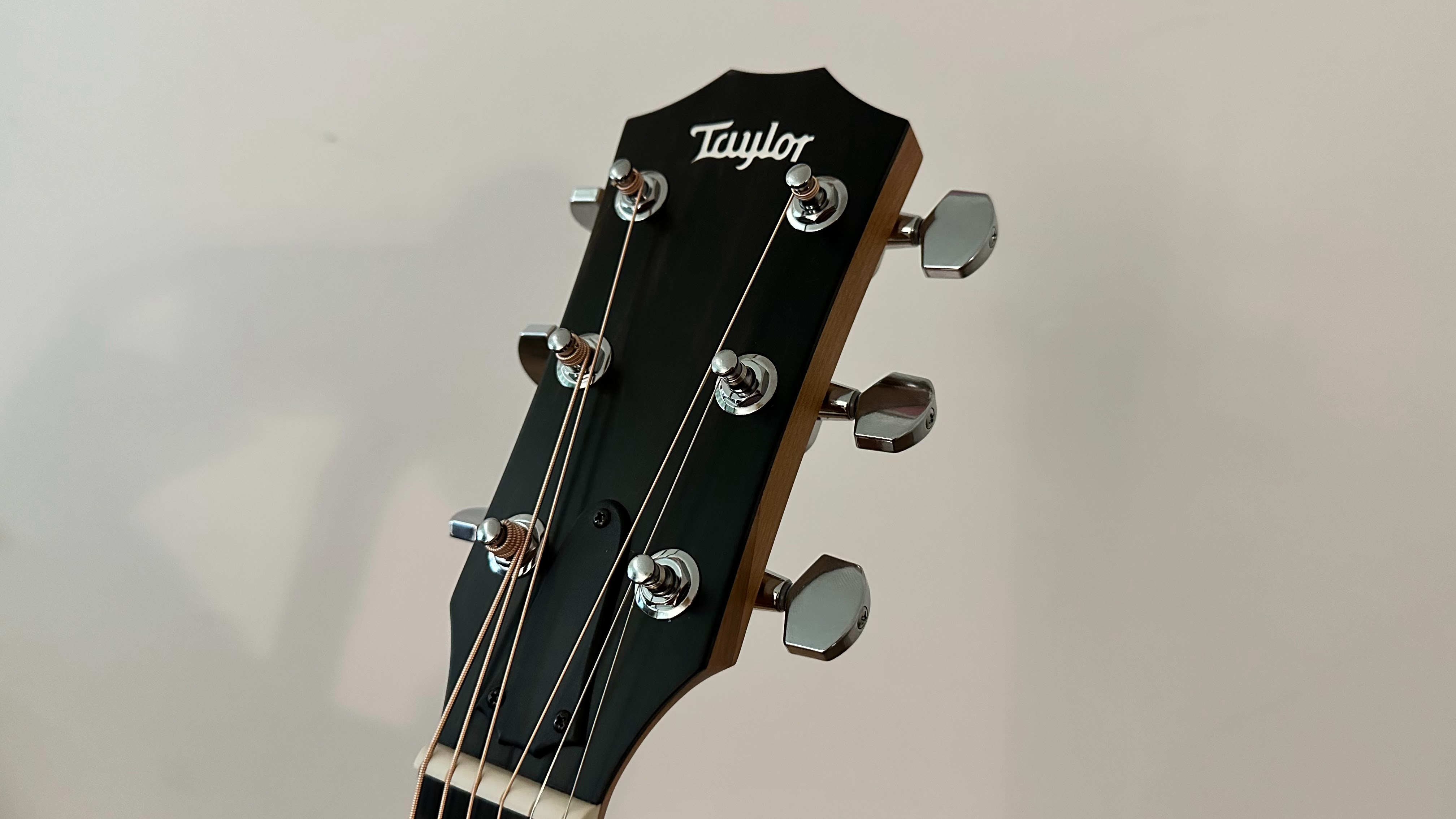
So how has Taylor managed to produce what is, essentially, a high-end acoustic guitar for under $1k? The answer to this, aside from the fact it was made in Mexico unlike its higher-priced brothers, comes in the levels of opulence on offer.
Typically, elite acoustic guitars - like many others in the Taylor stable - will feature rare tonewoods or have pearlescent headstock markings and fret inlays, but there’s very little of that on display here.
Don’t let appearances fool you though. While the 110e has a decidedly no-frills appearance, this is a proper grown-up guitar; what you lose in ornate soundhole etchings and garish headstock designs, you gain in the areas that matter. Playability. Build quality. Sound. And that, for us, makes the Taylor 110e something of a bargain in 2024.
Specifications
- String Type: Steel
- Number of Strings: 6
- Body Shape: Dreadnought
- Back & Sides Wood: Walnut
- Top Wood: Sitka Spruce
- Finish: Satin Varnish
- Binding: Black
- Neck Wood: Maple
- Radius: 15"
- Fingerboard Material: West African Ebony
- Number of Frets: 20
- Scale Length: 25.5"
- Nut Width: 1.6875"
- Tuning Machines: Die-cast
- Electronics: ES-2
- Contact: Taylor Guitars
Chris Corfield is a journalist with over 12 years of experience writing for some of the music world's biggest brands including Orange Amplification, MusicRadar, Guitar World, Total Guitar and Dawsons Music. Chris loves getting nerdy about everything from guitar gear and synths, to microphones and music production hardware.
“Among the most sought-after of all rhythm guitars… a power and projection unsurpassed by any other archtop”: Stromberg has made a long-awaited comeback, and we got our hands on its new Master 400 – a holy grail archtop with a price to match
The heaviest acoustic guitar ever made? Two budding builders craft an acoustic entirely from concrete because they “thought the idea was really funny”
